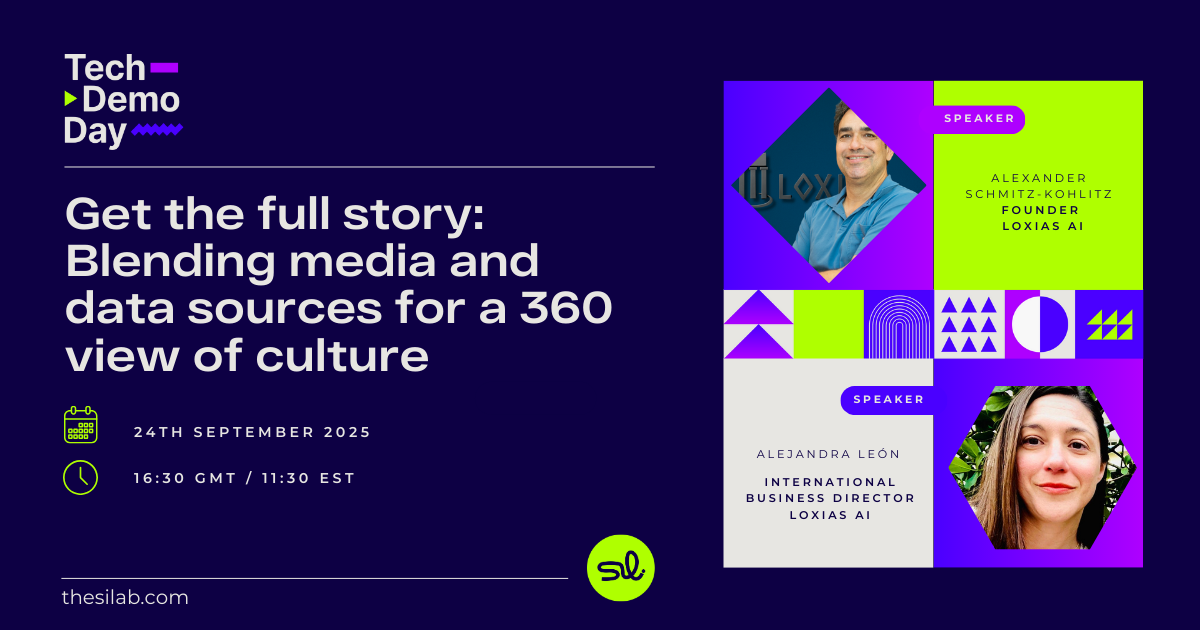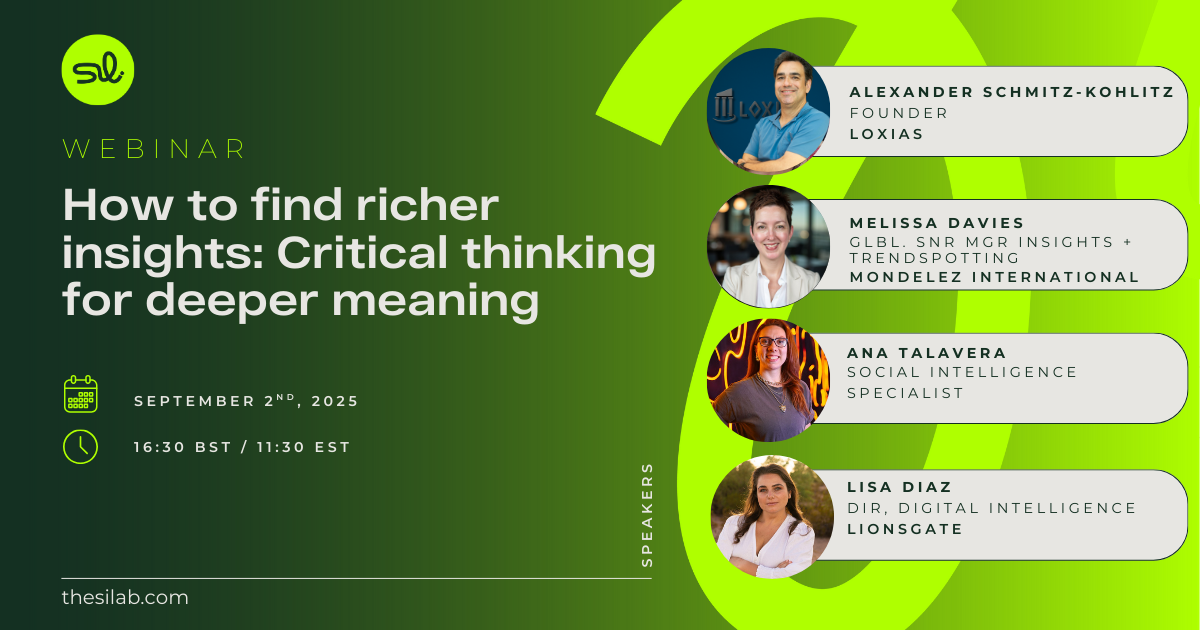
Data democratisation: Is it a good thing?
We see the term “data democratisation” popping up in a lot of conversations about social intelligence today. This involves making data more accessible to all employees so they can use it to make informed decisions.
The topic came up several times during SI Tech Demo Day 2021. Social intelligence experts are calling for data democratisation so companies can get more out of their social data. But is it a good thing? Or should we just leave data at the hands of listening analysts?
The pros of data democratisation
One of the most obvious advantages of data democratisation is that everyone benefits from the data. You’ll no longer be siloing the information into one or two departments. Instead, you can combine it with everything else and get a bigger, more complete picture about your organisation.
That means it’s easier to view the data in context to what’s happening in different departments. It also means you’re getting more value out of the data as a whole.
So for example, a spike in negative social conversations about an ice cream brand is only one side of the coin. A drop in sales for the same brand gives a clearer picture, suggesting that there’s an actual business impact of those conversations.
Democratising data also empowers employees to use data for important decisions. This makes it easier for them to make informed decisions that will have a positive business impact.
To add to this, gaining access to data across the board will put data at the heart of your company’s business strategy. Whether it’s marketing, sales, or even customer service – you can use data to inform and refine your approach, and make sure you’re all working towards the same goal.
The downside of data democratisation
In spite of the overwhelming benefits, the democratisation of data also comes with a few drawbacks and risks. The biggest concern is in terms of skill gaps between data analysts and employees in other departments. Without proper training, most employees will not know how to extract the insight they need from the data they have.
This brings with it several problems, starting with limited uptake. If employees don’t know how to work with the data, they’re less likely to use it, making easier access to the data pointless. That’s why in addition to broadening visibility, the process should also prioritise up-skilling people to correctly use the data.
Another major problem is that different teams may interpret data differently. That means even the same data source can generate inconsistent results and inaccurate analysis depending on who’s accessing the data. Having a standardised process and taxonomy can help create more consistency.
How companies and vendors are enabling data democracy
While there’s still room for improvement, companies and vendors alike are starting to make that move toward data democracy. For most companies, however, it’s still a work in progress.
As discussed in the conversation about “Taking Control of Social Intelligence,” companies like Walmart are still in the process of democratising their methodology and tools and making them accessible to subject matter experts. As a part of this process, they’re striving to help people understand the data and integrate it into their day-to-day roles. In addition to giving them access to tools, they’re training and upskilling them, too.

On the vendor front, many are incorporating features to help support data democracy for their customers.
One of the topics that came up in the conversation about social listening tech was customisable dashboards. Having to manually filter through 100+ data points to find the ones you need for your work can be time-consuming and unnecessarily complicated. So there’s a need for custom dashboards with a unique combination of data points to make the data usable for different departments more quickly.
Platforms like Meltwater simplify this by letting you create a customised dashboard with only the data points you need, which you can then share with team members.

As mentioned earlier, skill gaps between employees can also get in the way of data democracy. Even if the data is accessible, many employees from a non-analytics background may have a hard time extracting relevant insights and identifying what they need.
An AI-powered listening platform like YouScan can address this challenge with use case analysis and AI-backed data segmentation. This puts the social media data into context so people can instantly recognise which conversations are relevant to their department and why.

Highlighting use cases give you more context around the data[/caption]
The verdict
While there’s still a long way to go with data democratisation, it’s clear that giving employees access to more information will help them make data-driven decisions. This is likely to have a positive impact on the overall business. Even the current drawbacks are something that companies can work on through employee up-skilling and standardised processes. And vendors across the board are already making progress in enabling easier data access with quicker ways to extract insight.
This interview was recorded via LinkedIn Live, if you prefer to view on LinkedIn, click the button below.
View InterviewSee related content
.png)








.jpeg)


